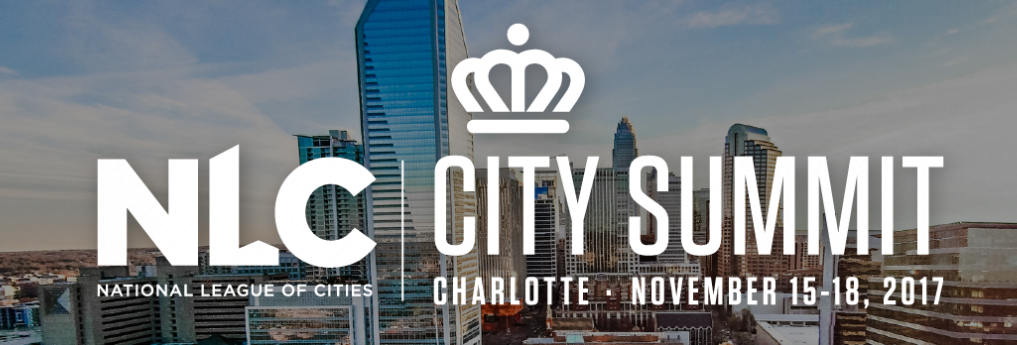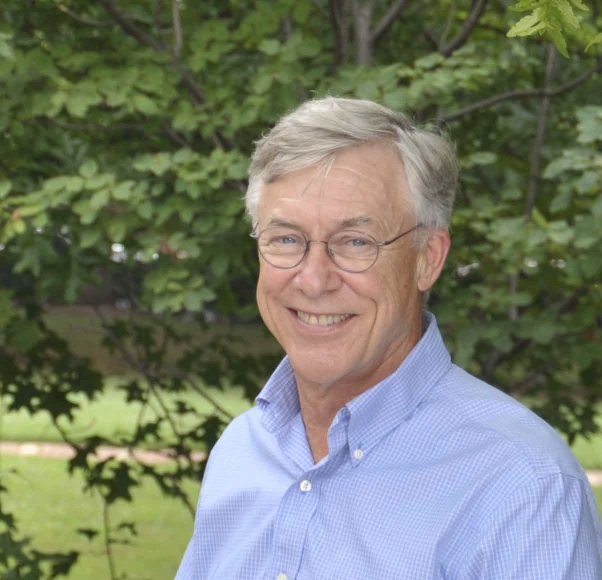We were on the ground—and the agenda—at one of the largest conferences for city leaders in the US. Following, some soundbites on what we learned.

Recently, Jay Graham, FASLA and long-time TKF advisor, traveled to Charlotte, North Carolina, where more than 4000 municipal leaders from throughout the country had convened for the 2017 City Summit conference led by the National League of Cities. Our short documentary film, Butterfly Angels, which tells the story of how nature helped one Joplin community heal following the deadly cluster of tornadoes that struck there 6 years ago, was being screened; part of a program of speakers and workshops addressing ways to strengthen cities and towns.

Graham, representing TKF, fielded questions at the screening alongside former Joplin mayor, Melodee Colbert-Kean, who was featured in the film. Once he returned, we were eager to sit down with him and find out how viewers at the conference, these critical decision-makers, responded to the film; to hear what kinds of questions and reactions it provoked. And to share other insights he had gained.
Following are some highlights of what he shared, in his words. We’ll be exploring each of these topics further in the coming months.
Greenspaces. What do they cost?
“After viewing the film, the initial conversation concerned the role of openscapes/parks in helping communities heal. From there the questions segued into what went into creating this particular Open Space (in Joplin) that had incorporated the OSSP elements (portal, path, destination and surround). As the conversation deepened, it took two directions: one, there was a great deal of interest in understanding the level of investment involved to create a space like the one we supported in Joplin. And there were also numerous questions about the research; they were curious about what kinds of research and research methods were being conducted and used these greenspaces comprising our Nature Sacred Awards program.”
When it comes to greenspaces, programming is essential
“To accomplish the goal of more and better open spaces, there needs to be strong cross-agency participation — involving schools, parks and recreation, transportation, public health. And programming, that is intergenerational, is key to success. And just as we’ve been practicing for years at TKF, bottom-up community engagement, that includes youth involvement, too, is essential to gaining community buy-in when the city is leading an initiative.
For millennials, quality of life issues really matter
“There’s a recognition that millennials could drive change in some interesting ways. Joanna Frank, who heads the Center for Active Design, spoke at the conference. She pointed out that 78 percent of millennials are concerned with “quality of life issues”; and for many, this encompasses easy access to greenspaces. As cities compete for companies and talent, it will be interesting to see how millennials will impact greenspaces in the future.
View the film, Butterfly Angels, screened at the conference:
